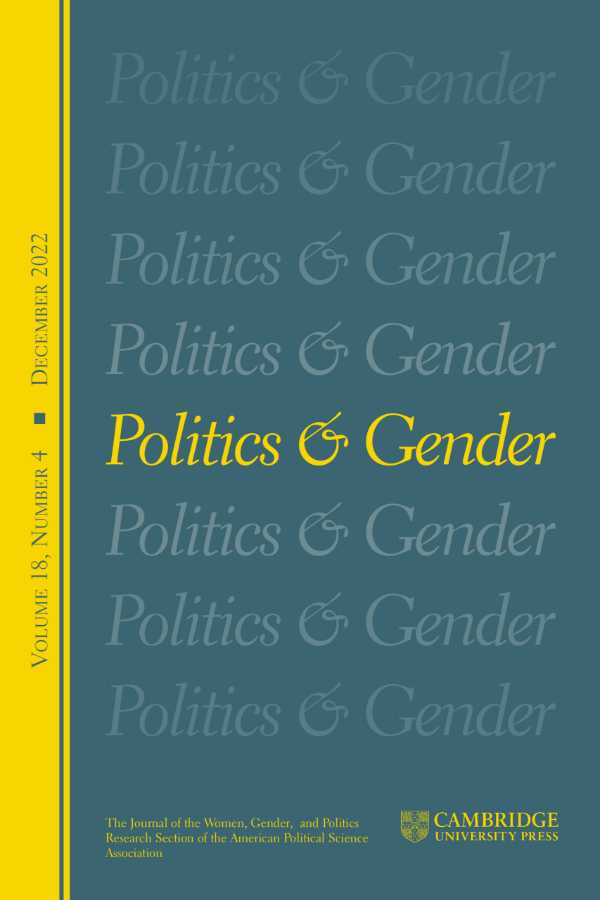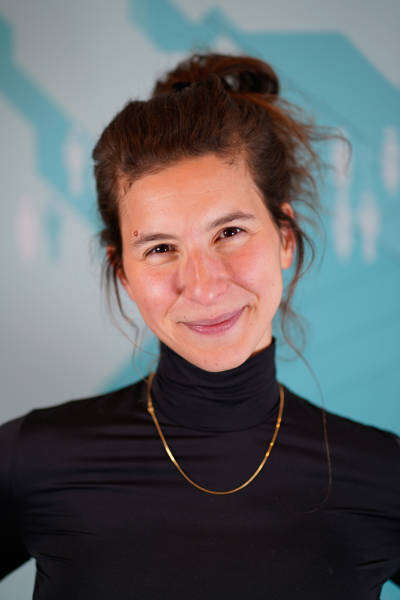How do women ex-combatants navigate rebel-to-party transformations? While many rebel groups transition into political parties after conflicts, the gendered dynamics of these processes remain underexplored. This article theorizes how militarized social reproductive (MSR) labor—care, emotional, and community work embedded in the armed struggle—can shape women’s postwar political trajectories. MSR can constrain agency through socialization that can reinforce gender norms that marginalize women from politics, yet MSR can also enable collective post-war mobilization through organizational memory. We identify two factors that condition these effects: (1) whether women’s units performed gender normative or transgressive activities and (2) the degree of unit cohesion. Drawing on interviews with members of the Bangsamoro Islamic Women Auxiliary Brigade (BIWAB)—the all-female unit of the Moro Islamic Liberation Front in the Philippines—we show how gender-normative roles led to exclusion, but internal cohesion enabled BIWAB members to repurpose their shared labor into informal political advocacy.
Palik, Júlia & Jehan Usop (2025) Militarized Social Reproduction and Rebel-to-Party Transformations: Evidence from Female Ex-Combatants in the Philippines, Politics & Gender. DOI: doi:10.1017/S1743923X2510041X.









